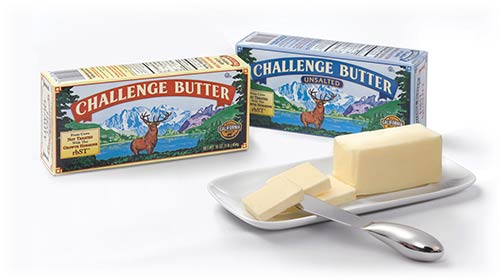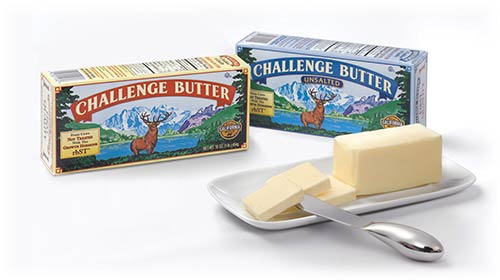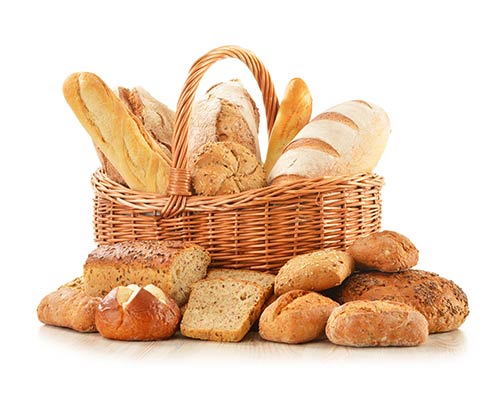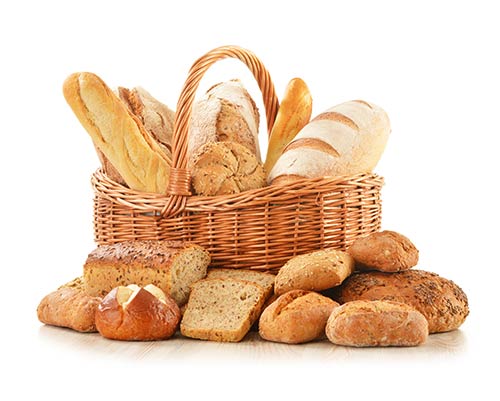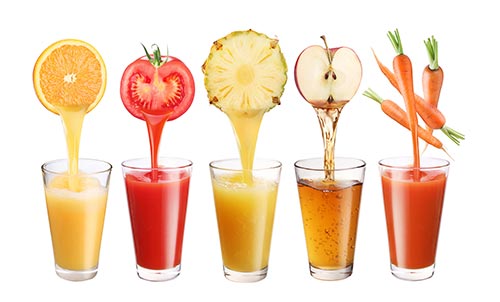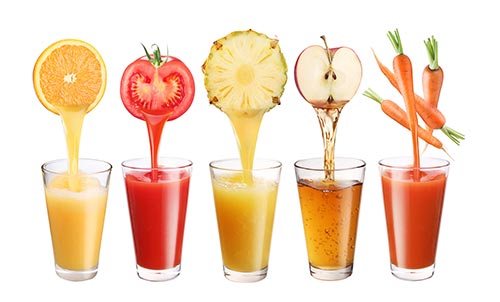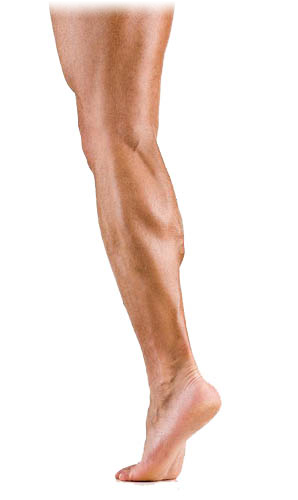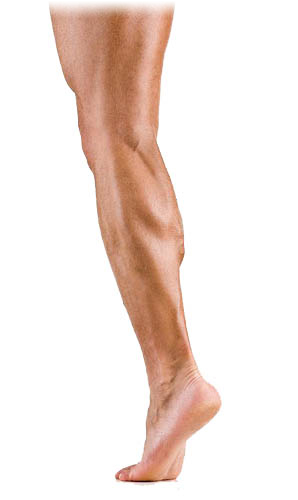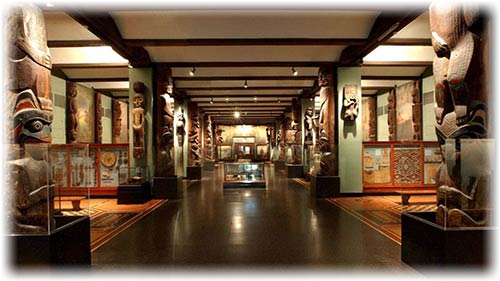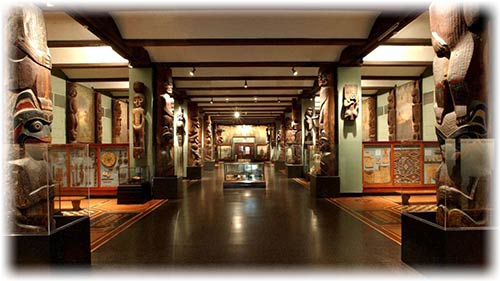tea
tea [tea teas teaed tea'd teaing] [tiː] [tiː] noun
1. uncountable the dried leaves (called tea leaves) of the tea bush
see also green tea
2. uncountable a hot drink made by pouring boiling water onto tea leaves. It may be drunk with milk or lemon and/or sugar added
• a cup/mug/pot of tea
• lemon/iced tea
• Would you like tea or coffee?
• Do you take sugar in your tea?
3. countable a cup of tea
• Two teas, please.
4. uncountable, countable a hot drink made by pouring boiling water onto the leaves of other plants
• camomile/mint/herb, etc. tea
see also beef tea
5. uncountable, countable the name used by some people in Britain for the cooked meal eaten in the evening, especially when it is eaten early in the evening
• You can have your tea as soon as you come home from school.
compare dinner, supper
6. uncountable, countable (BrE) a light meal eaten in the afternoon or early evening, usually with sandwiches and/or biscuits and cakes and with tea to drink
see also cream tea, high tea
more at not sb's cup of tea at cup n.
Idiom: not for all the tea in China
Word Origin:
mid 17th cent.: probably via Malay from Chinese (Min dialect) te; related to Mandarin chá. Compare with char (noun - sense 2).
Culture:
meals
Americans and British people generally eat three meals a day though the names vary according to people’s lifestyles and where they live.
The first meal of the day is breakfast. The traditional full English breakfast served in many British hotels may include fruit juice, cereal, bacon and eggs, often with sausages and tomatoes, toast and marmalade, and tea or coffee. Few people have time to prepare a cooked breakfast at home and most have only cereal and/or toast with tea or coffee. Others buy coffee and a pastry on their way to work.
The traditional American breakfast includes eggs, some kind of meat and toast. Eggs may be fried, ‘over easy’, ‘over hard’ or ‘sunny side up’, or boiled, poached or in an omelette (= beaten together and fried). The meat may be bacon or sausage. People who do not have time for a large meal have toast or cereal and coffee. It is common for Americans to eat breakfast in a restaurant. On Saturday and Sunday many people eat brunch late in the morning. This consists of both breakfast and lunch dishes, including pancakes and waffles (= types of cooked batter) that are eaten with butter and maple syrup.
Lunch, which is eaten any time after midday, is the main meal of the day for some British people, though people out at work may have only sandwiches. Some people also refer to the midday meal as dinner. Most workers are allowed about an hour off work for it, called the lunch hour, and many also go shopping. Many schools offer a cooked lunch (school lunch or school dinner), though some students take a packed lunch of sandwiches, fruit, etc. Sunday lunch is special and is, for many families, the biggest meal of the week, consisting traditionally of roast meat and vegetables and a sweet course. In the US lunch is usually a quick meal, eaten around midday. Many workers have a half-hour break for lunch, and buy a sandwich from near their place of work. Business people may sometimes eat a larger lunch and use the time to discuss business.
The main meal of the day for most people is the evening meal, called supper, tea or dinner. It is usually a cooked meal with meat or fish or a salad, followed by a sweet course. In Britain younger children may have tea when they get home from school. Tea, meaning a main meal for adults, is the word used in some parts of Britain especially when the evening meal is eaten early. Dinner sounds more formal than supper, and guests generally receive invitations to ‘dinner’ rather than to ‘supper’. In the US the evening meal is called dinner and is usually eaten around 6 or 6.30 p.m. In many families, both in Britain and in the US, family members eat at different times and rarely sit down at the table together.
Many people also eat snacks between meals. Most have tea or coffee at mid-morning, often called coffee time or the coffee break. In Britain in the past this was sometimes also called elevenses. In the afternoon many British people have a tea break. Some hotels serve afternoon tea which consists of tea or coffee and a choice of sandwiches and cakes. When on holiday/vacation people sometimes have a cream tea of scones, jam and cream. In addition many people eat chocolate bars, biscuits (AmE cookies) or crisps (AmE chips). Some British people have a snack, sometimes called supper, consisting of a milk drink and a biscuit before they go to bed. In the US children often have milk and cookies after school.
Culture:
Many British people have a cup of tea in the morning, and several more during the day. Some people stop work for a few minutes to have a tea break. Most people in Britain offer a cup of tea to anybody visiting their home or office. Tea also suggests comfort and warmth, and sitting down with a ‘nice cup of tea’ is a common response to problems and worries.
More About:
meals
People use the words dinner, lunch, supper and tea in different ways depending on which English-speaking country they come from. In Britain it may also depend on which part of the country or which social class a person comes from.
A meal eaten in the middle of the day is usually called lunch. If it is the main meal of the day it may also be called dinner in BrE, especially in the north of the country.
A main meal eaten in the evening is usually called dinner, especially if it is a formal meal. Supper is also an evening meal, but more informal than dinner and usually eaten at home. It can also be a late meal or something to eat and drink before going to bed.
In BrE, tea is a light meal in the afternoon with sandwiches, cakes, etc. and a cup of tea: ▪ a cream tea. It can also be a main meal eaten early in the evening, especially by children: ▪ What time do the kids have their tea?
As a general rule, if dinner is the word someone uses for the meal in the middle of the day, they probably call the meal in the evening tea or supper. If they call the meal in the middle of the day lunch, they probably call the meal in the evening dinner.
Brunch, a combination of breakfast and lunch, is becoming more common, especially as a meal where your guests serve themselves.
Example Bank:
• A lady comes round the office with a tea trolley in the afternoon.
• All rooms have tea-making facilities.
• Allow the tea to cool before you drink it.
• He stores his books in a tea chest.
• He tried to alleviate their disappointment by inviting them in for tea and sympathy.
• I cleared away the tea things.
• I decided to treat myself to a cream tea in the tea room next door.
• I don't drink tea.
• I'll bring you a cup of tea in a few minutes.
• I'll have tea— white, no sugar, please.
• I'll make you some tea.
• John rushed around dispensing tea and cakes to everyone.
• Pour me a cup of tea please.
• She sipped her hot tea slowly.
• The hospital tea bar is run by volunteers.
• There's some fresh tea in the pot.
• There's some fresh= just made tea in the pot.
• You haven't let the tea brew long enough.
• a bone china tea service
• an authentic Japanese tea house
• When we were on holiday we had cream teas every day.
• Would you like to come to tea on Sunday?
